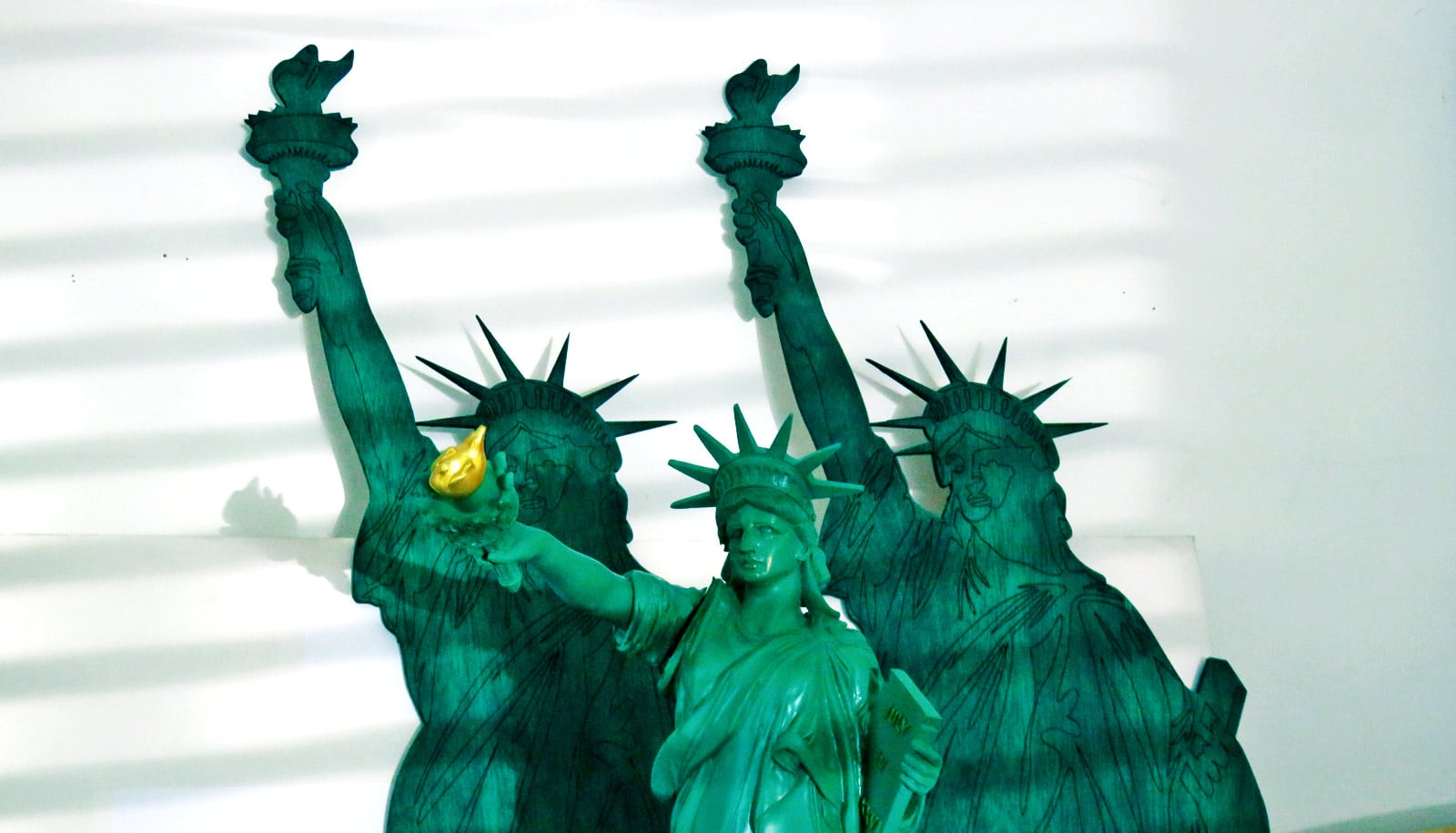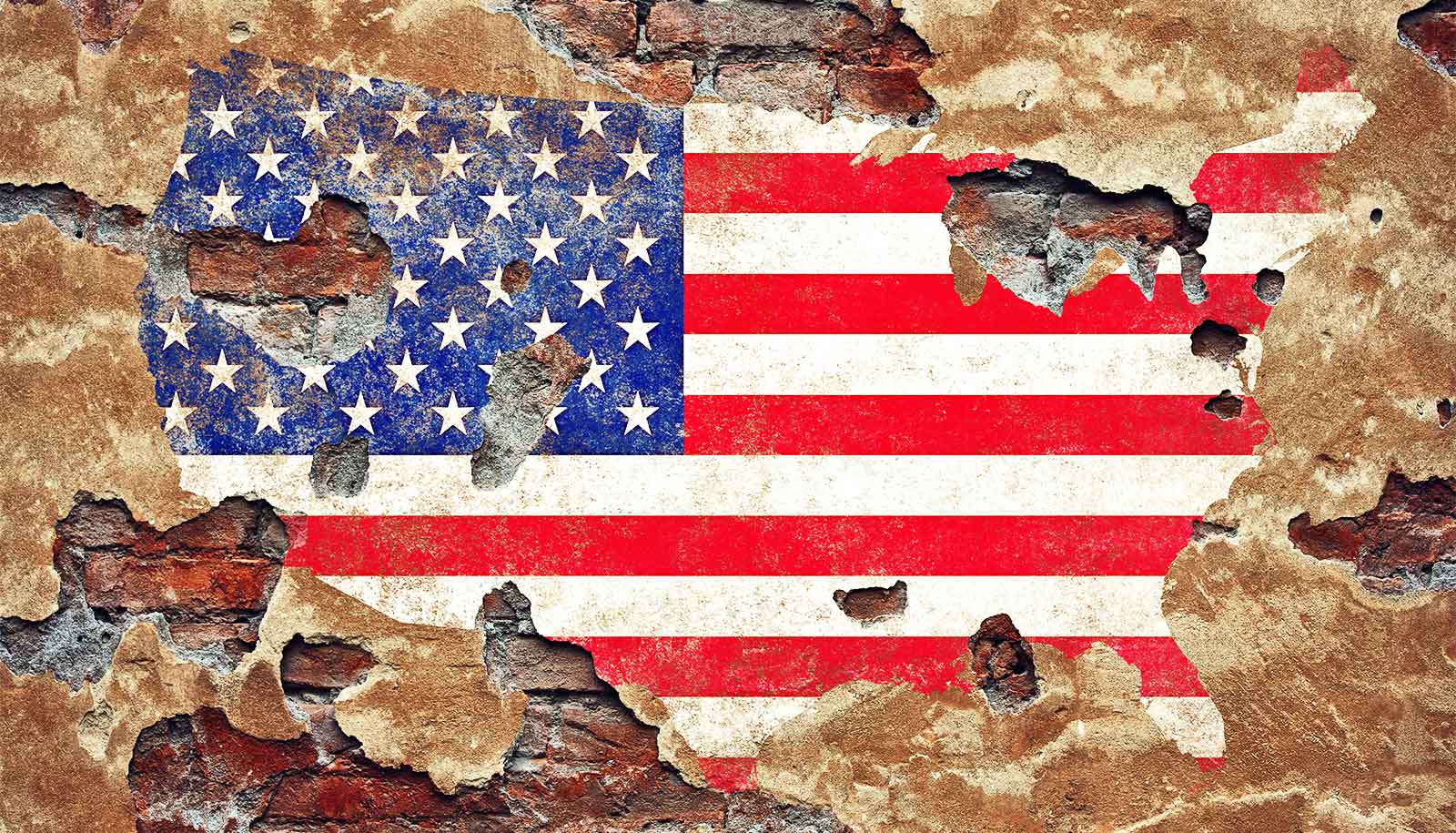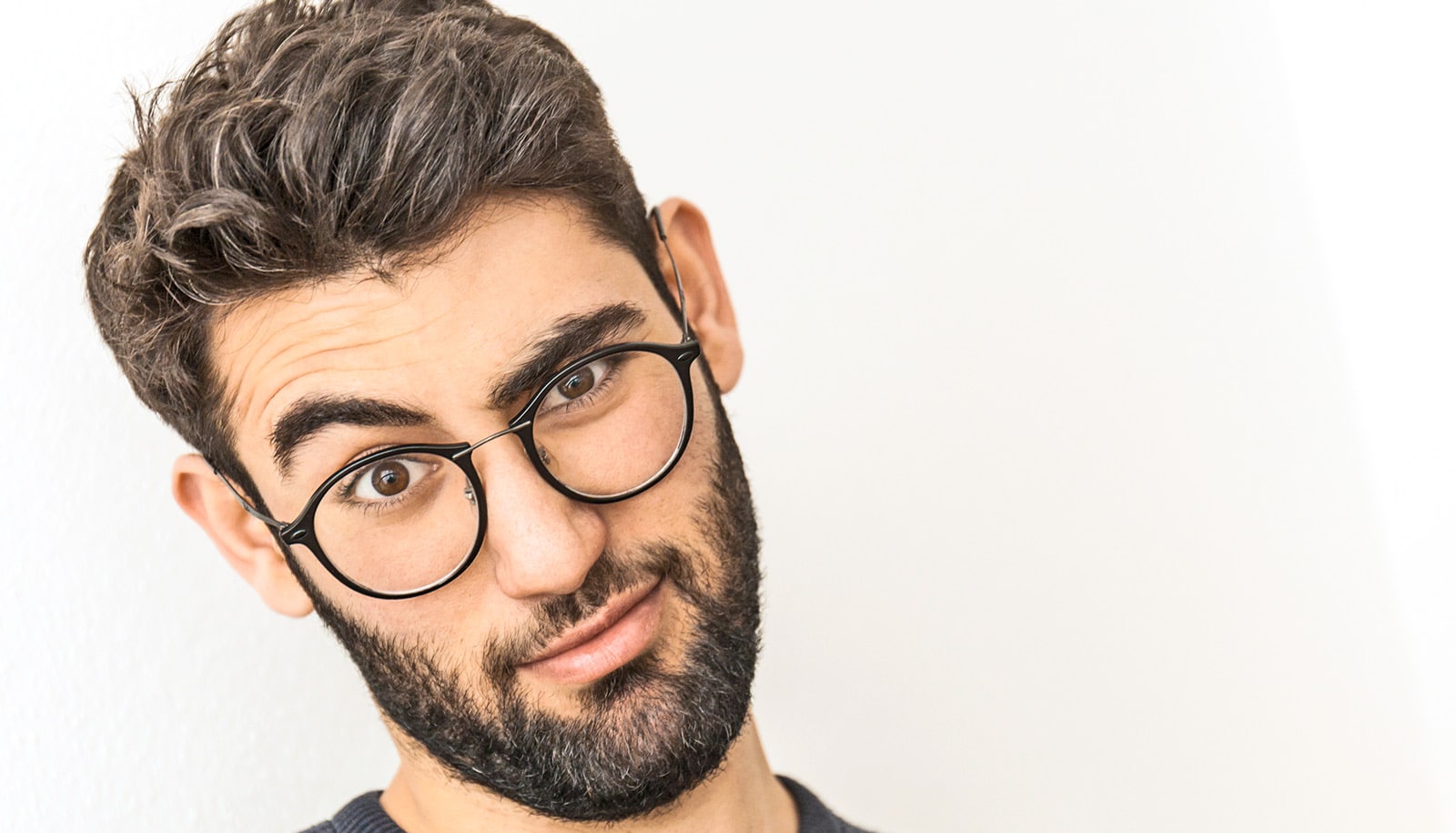A new survey of political science scholars and the general public finds reasons to be concerned about American democracy.
“One of the greatest threats to democracy is the idea that it is unassailable,” is the tagline of Bright Line Watch. Made up of four political scientists, the non-partisan initiative aims to monitor democratic practices in the United States and potential threats to those practices.
The group focuses on democratic institutions such as free and fair elections, checks and balances, and freedom of the press. Born in late 2016, Bright Line Watch found its raison d’être in the widespread concern over the possible erosion of those institutions in this country, says Gretchen Helmke of the University of Rochester.
Listen to Helmke and Mitch Sanders discuss the findings:
Slow erosion
There are several factors that the scholarship indicates would protect American democracy, says Helmke, adding that the chances of a complete breakdown of democracy in the US—the kind that occurred in the 20th century in parts of Latin America, for example—are slim.
“A military coup-style breakdown is highly unlikely,” she notes. Scholars who have studied the statistical likelihood of that type of breakdown look at such factors as the relationship between levels of wealth in the US—where wealth is comparatively high—and also the age of this country’s democracy. Research shows that the age of a given democracy serves to protect it.
Basically, the longer—the stronger.
But don’t exhale quite yet, cautions Helmke who notes the group’s concern about the gradual and slow erosion of democracy in this country. “That process—where it’s a slow kind of piecemeal challenging of different institutions that support democracy—is something that we see in several parts of the world, and something that we are now seeing in the United States today. It’s very early on so I don’t know what the long-term prospects are, but yes, I think there are reasons to be concerned,” she says.
Explaining their impetus to be watchful, the scholars write that “at a time of potential danger to American democratic norms and institutions, it is more urgent than ever for scholars to highlight the risks to our system of government.” That’s why together they compile quarterly reports, based on careful scientific polling of more than 1,000 political experts and a nationally representative sample of 2,000 members of the public. The latest report is available online.
‘Sobering’ results
The results are “sobering,” say the researchers: Helmke, Brendan Nyhan and John Carey of Dartmouth College, and Susan Stokes of Yale University.
While the public assesses the state of American democracy more negatively than the polled experts, both groups agree that the performance of US democracy has declined since President Trump took office just over a year ago, the researchers conclude in their latest report.
“You can define democracy in a lot of different ways, but all of those involve a connection between the public and the government.”
At the core of their regular surveys is a battery of 27 measures, ranging from free speech and an unimpeded press, to constitutional limits on executive powers, to vote representation, and the independence of the judiciary. On 21 of these 27 democratic principles, the survey finds that the experts’ rating has declined over time.
For example, the latest survey finds that more than 80 percent of the polled experts rate US elections free of overt fraud. Yet, fewer than 15 percent of the experts believe that political leaders generally share a common understanding of relevant facts, or think that elected official try to compromise with their political opponents.
The only principle on which the team saw substantial improvement is that “law enforcement investigations of public officials or their associates are free from political influence or interference.” That statement was first included in Bright Line Watch’s May 2017 survey, which took place soon after President Trump had fired FBI director James Comey—prompting a very low initial rating on the principle, the group reasons.
However, the evaluations improved in the third survey. The team ascribes the rising evaluation to the appointment of Special Counsel Robert Mueller, before again declining somewhat to the present level in the fourth survey. The quartet writes that the survival and independence of the Mueller investigation remains precarious, citing President Trump’s attempted firing of Mueller in June 2017.
Can democracy survive without a middle class?
Overall, the political experts rated 13 democratic principles significantly lower, all of them related to institutional checks and balances. Bright Line Watch found that the expert judgment in the ability of Congress, the courts, or the Constitution to reign in the power of the executive all eroded by 8 to 10 percentage points. The polled experts’ confidence in judicial independence from the elected branches plummeted by 16 percentage points. Results from the general public survey were even more consistently negative.
The public knows
Why does it matter what the public believes about the state of our democracy?
While experts may have a more acute understanding of certain violations, and conversely, of built-in checks and balances, the public’s view remains essential.
Why?
“You can define democracy in a lot of different ways, but all of those involve a connection between the public and the government,” says Mitch Sanders, a political scientist with a PhD from the University of Rochester who manages survey methodology for Bright Line Watch. “So, understanding what the public sees as important for democracy, understanding what the public perceives as the extent to which the United States is fulfilling or not fulfilling certain standards—I think that’s a vital part of understanding democracy today.”
Does custom political news hurt democracy?
The public, Sanders argues, would recognize the weakening of democracy.
Helmke says her work made her think of a sentence uttered by President Abraham Lincoln in one of his first speeches, given roughly thirty years before the Civil War. At the time, the 16th President talked about threats to the rule of law and political institutions in the US: “We hope all dangers may be overcome, but to conclude that no danger may ever arise would itself be extremely dangerous.'”
Source: University of Rochester



